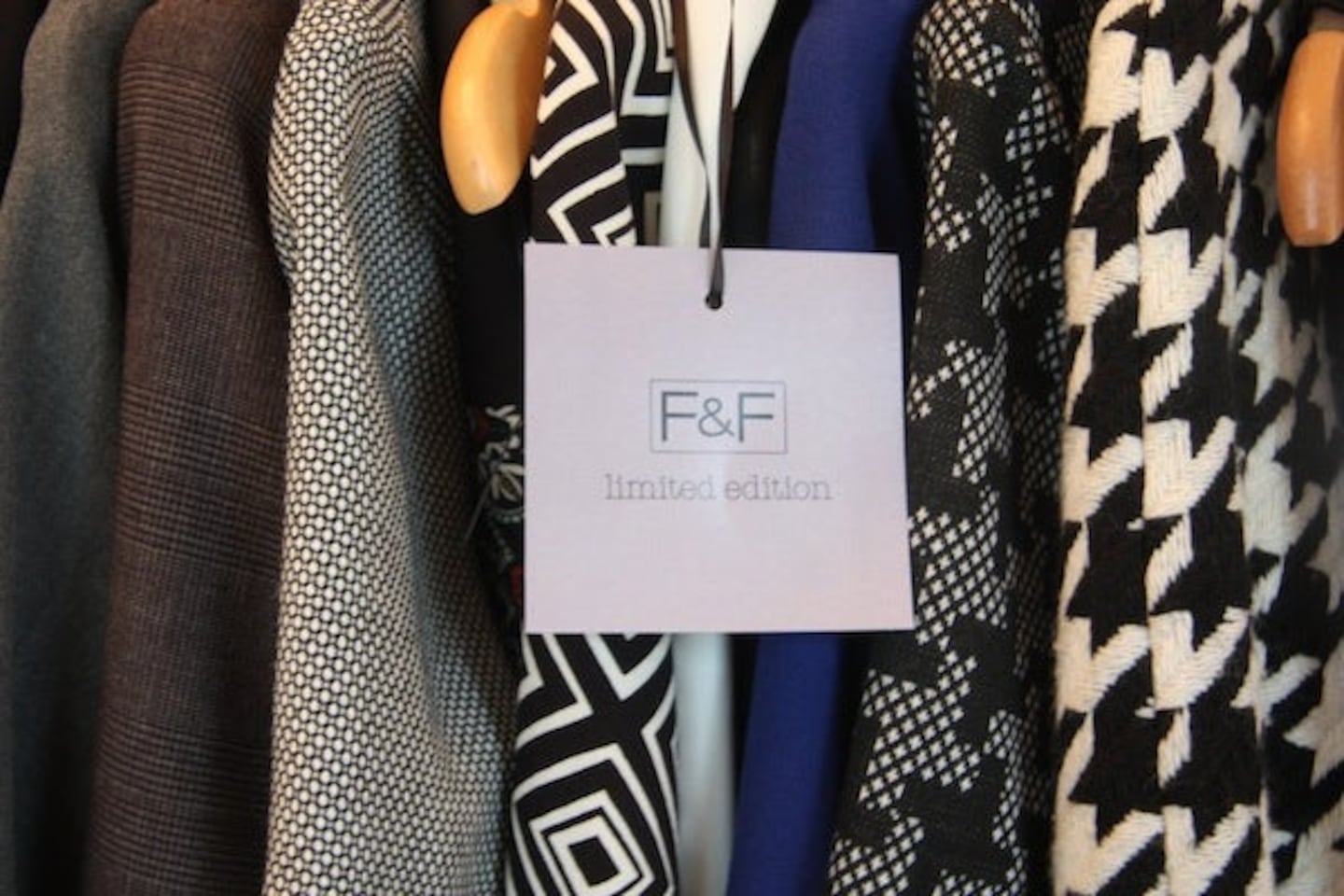
The Business of Fashion
Agenda-setting intelligence, analysis and advice for the global fashion community.

Agenda-setting intelligence, analysis and advice for the global fashion community.

Tesco, Britain’s biggest retailer, is facing legal action from a group of migrant workers from Myanmar, alleging dire working conditions at a Thai factory which made clothes for the group’s F&F range.
Law firm Leigh Day said 130 migrant workers are bringing a legal claim against Tesco, Ek-Chai Distribution System Company Limited, which was owned by Tesco until 2020, and auditing companies Intertek Group and Intertek Testing Services (Thailand) Limited.
The migrants allege they were made to work up to 99 hours a week on unlawful wages and in forced labour conditions at the V.K Garments factory in Mae Sot between 2017 and 2020, Leigh Day said.
The allegations were first reported by The Guardian newspaper.
ADVERTISEMENT
Tesco completed the $10.6 billion sale of its businesses in Thailand and Malaysia to Dhanin Chearavanont’s CP Group in December 2020 and was not involved in the running of the factory.
However, Tesco and Ek-Chai are accused of negligence “for permitting, facilitating and/or failing to prevent the unlawful working and housing conditions which caused the workers injuries and losses,” said Leigh Day.
They are also accused of being “unjustly enriched” at the expense of the workers, it said.
Intertek is accused of negligence “for failing to identify and/or report the unlawful working and housing conditions, causing injury to the workers.”
Leigh Day has asked Tesco and Intertek to settle the workers’ claim.
If this doesn’t happen, the workers will consider progressing the matter in the High Court, it said.
“The allegations highlighted in this report are incredibly serious, and had we identified issues like this at the time they took place, we would have ended our relationship with this supplier immediately,” a Tesco spokesperson said.
“Any risk of human rights abuses is completely unacceptable, but on the very rare occasions where they are identified, we take great care to ensure they are dealt with appropriately, and that workers have their human rights and freedoms respected.”
ADVERTISEMENT
The Tesco spokesperson urged the supplier to reimburse employees for any wages they are owed.
Intertek said it took the matters that have been raised “very seriously”.
“We also note these matters are currently the subject of Thai and English legal proceedings, and therefore we are not able to comment while these proceedings are ongoing.”
By James Davey; Edited by Susan Fenton
Learn more:
The World Cup’s Other Labour Rights Issue: Sportswear
The global football event has brought added scrutiny to labour practices — not just in host country Qatar’s construction sector but also in the Asian garment factories that make the tournament’s official merch.
Antitrust enforcers said Tapestry’s acquisition of Capri would raise prices on handbags and accessories in the affordable luxury sector, harming consumers.
As a push to maximise sales of its popular Samba model starts to weigh on its desirability, the German sportswear giant is betting on other retro sneaker styles to tap surging demand for the 1980s ‘Terrace’ look. But fashion cycles come and go, cautions Andrea Felsted.
The rental platform saw its stock soar last week after predicting it would hit a key profitability metric this year. A new marketing push and more robust inventory are the key to unlocking elusive growth, CEO Jenn Hyman tells BoF.
Nordstrom, Tod’s and L’Occitane are all pushing for privatisation. Ultimately, their fate will not be determined by whether they are under the scrutiny of public investors.